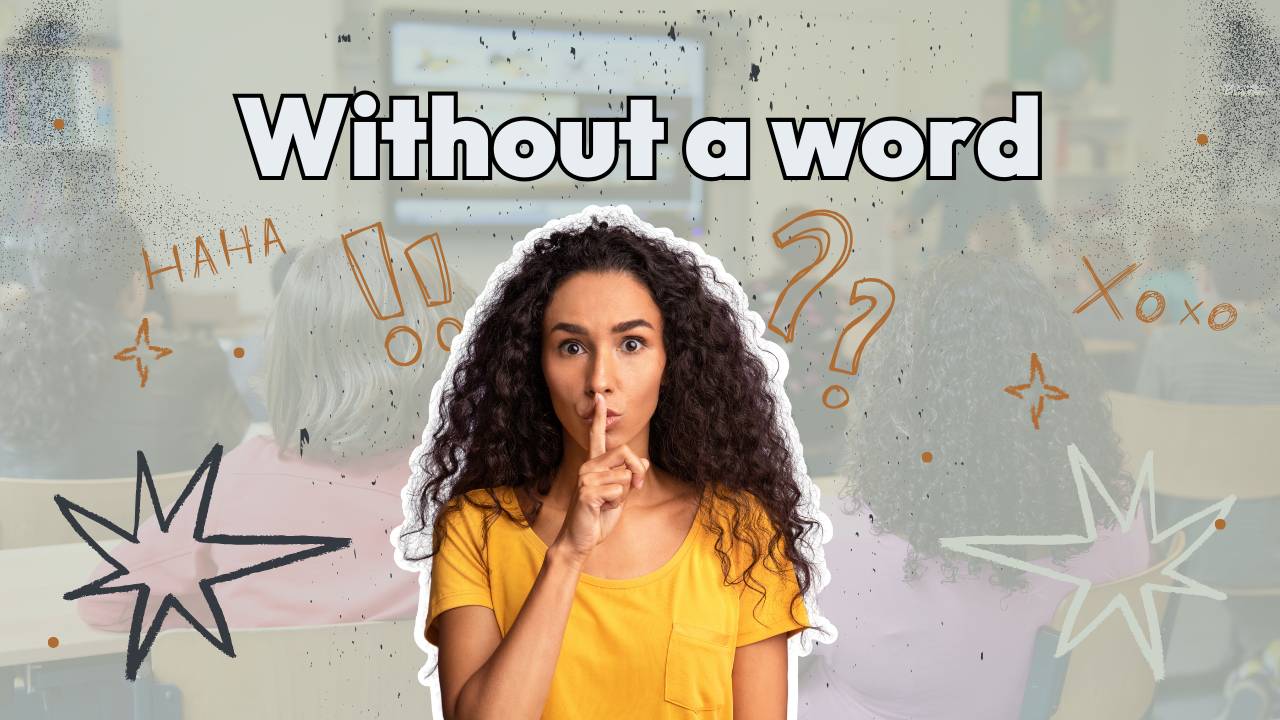The Secret to Seamless Center Transitions (Without Saying a Word)
Sep 26, 2025
Unpopular opinion: I love centers.
Centers allow me to differentiate instruction so students can work on the skills they need most—while I’m working independently or in a small group setting at the kidney table. But here’s the part I love even more: I can focus fully on my students without being interrupted.
Over the last couple of weeks, we’ve covered how to:
- Plan and prep centers so they practically run themselves.
- Train your students to run centers independently through accountability.
Today, I’m pulling back the curtain on one of my favorite parts of centers: how to get your students to transition from one center to another seamlessly—without you saying a single word.
Let’s dive in.
Classroom Jobs That Keep Transitions Running Smoothly
One of the biggest secrets to seamless transitions is classroom jobs. Assigning specific roles gives students responsibility and ownership so you don’t have to manage every detail. Here are the jobs that made the biggest difference in my classroom:
- Time Keeper – Sets and manages the timer for each center rotation.
- Teacher Helper – Plays and pauses the transition music for the class.
- Group Leaders – The first point of contact if a student has a question. If group leaders can’t help, they ask the Teacher Helper, who then asks me if needed.
- Work Tracker – Keeps track of student work that isn’t turned in. For example, they use symbols on a clipboard:
- + = done
- +/- = half done
- - = less than half done
These roles build leadership skills and give students a sense of accountability. Best of all—they free you up to focus on teaching.
Switching Centers with Music
The other key to smooth transitions? Music.
Here’s how I use it in my classroom:
- Choose a song your students love. It could be from a popular show or an upbeat instrumental.
- Pair it with a procedure slide. (If you want a ready-to-go version, my classroom procedure slides in my TPT store are already done for you.)
- Model what transitions should look like.
- When the music starts: clean up your current center.
- Midway through: finish cleaning and prepare to move.
- End of song: switch to the next center.
- Discuss “looks like/sounds like” expectations.
- Looks like: calm walking, quick cleanup, ready for the next activity.
- Sounds like: quiet voices, no running, clear communication.
- Model the wrong way and discuss why it doesn’t work.
- Practice as a class until it becomes second nature.
How Students Run Transitions Without Me
Once students know the routine, they handle transitions themselves:
- Teacher Helper starts and stops the transition music.
- Class cleans up, transitions, and resets for the next center.
- Teacher Helper pauses the music and checks if the transition was done correctly (redo if necessary).
- Time Keeper starts the timer for the next round.
- Group Leaders and Work Trackers keep everyone on task.
Meanwhile, I’m at the kidney table teaching small groups—completely uninterrupted.
Wrap Up
Seamless transitions aren’t about you micromanaging every move. They’re about giving students structure, training, and responsibility so they can own the process.
To recap:
- Assign classroom jobs so students manage transitions.
- Use music and modeling to build consistent transition habits.
- Train students until it becomes automatic—and then step back.
When you set up these systems, your centers truly run themselves.
Next Steps for Teachers
Want to simplify centers and classroom management even more? Check out these resources:
- Classroom Management Guide – Step-by-step strategies for smooth, stress-free management.
- Classroom Management Bundle – All my proven tools bundled together.
- The Present Teacher Circle – Join my membership for ongoing support, resources, and coaching.
